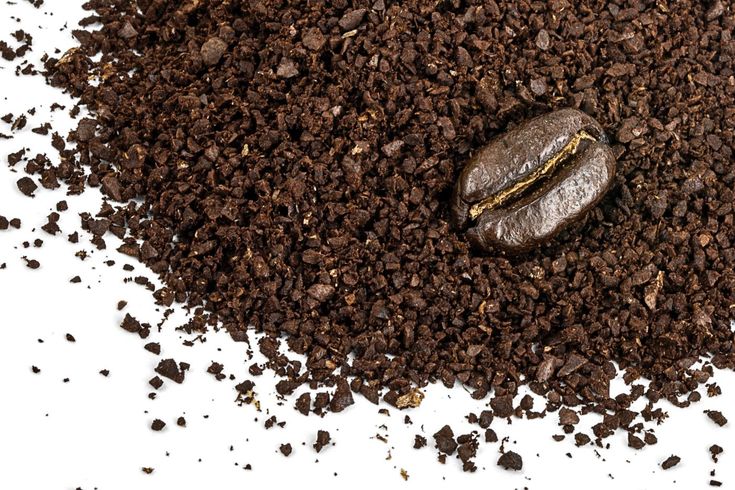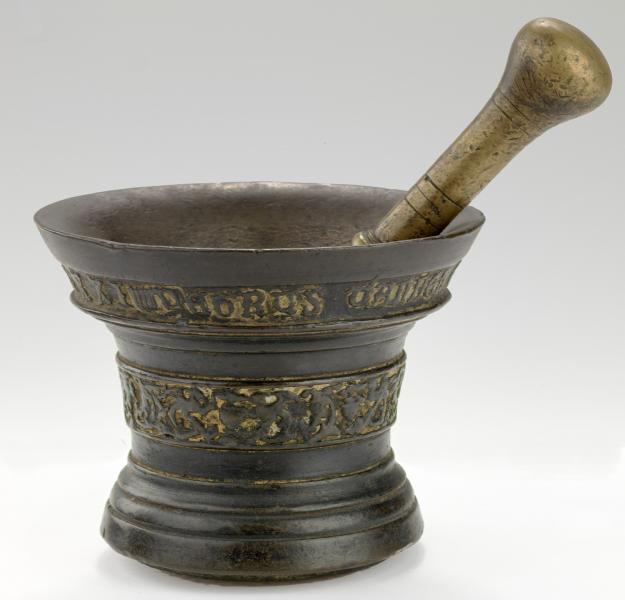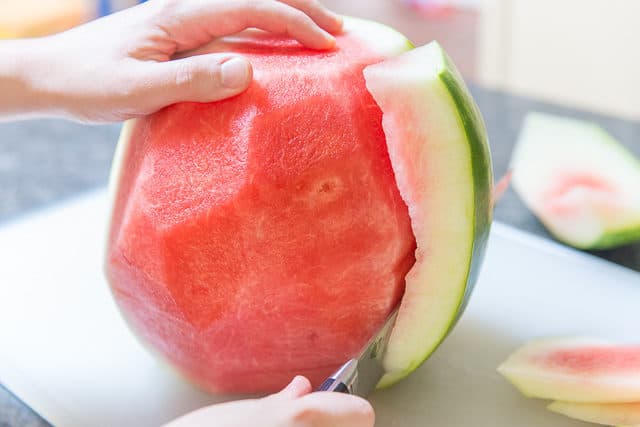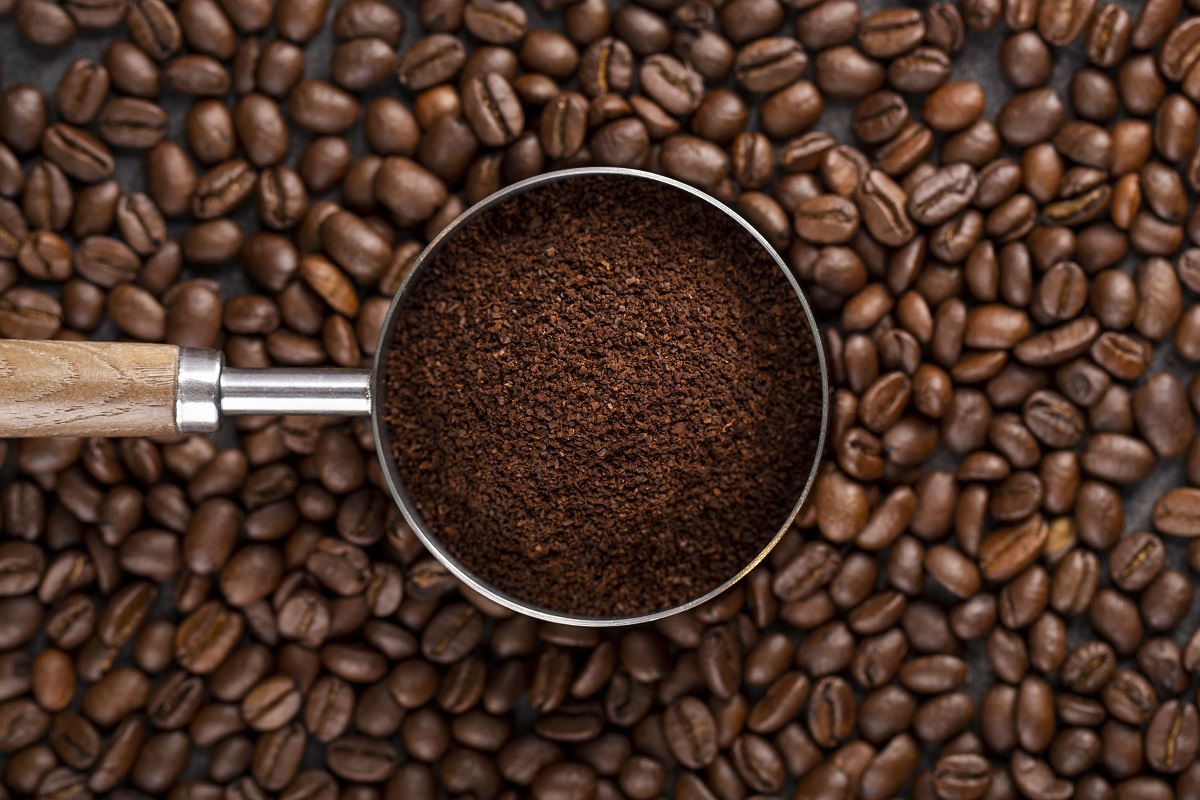Is whole bean coffee better? Or is pre-ground coffee better? There are some factors to consider. The quick answer is yes.
Freshness
Whole bean coffee generally offers better freshness, as the natural oils and flavors in coffee beans are better preserved when the beans are kept intact. When you grind your beans right before brewing, you maximize the freshness, aroma, and flavor. Pre-ground coffee loses its freshness more quickly because the increased surface area allows for a faster release of flavors and oils, resulting in a less vibrant taste over time.
Convenience
Pre-ground coffee offers the convenience of not needing a grinder and being able to brew coffee immediately. This can save time and effort, making it a more attractive option for those with busy lifestyles or who don’t want to invest in a grinder.
Consistency
If you’re not experienced in grinding coffee or you have an inconsistent grinder, pre-ground coffee might provide a more consistent grind size, which can lead to better extraction and a more balanced flavor. However, if you have a good quality grinder and are familiar with grinding techniques, you can achieve consistent results with whole beans as well.
Customization
Whole bean coffee allows you to customize the grind size to suit your brewing method and preferences. Different brewing methods, such as espresso, pour-over, or French press, require different grind sizes for optimal extraction. With whole beans, you have the flexibility to grind your coffee to the perfect size for your desired brewing method. Pre-ground coffee is typically sold in a one-size-fits-all grind, which may not be ideal for all brewing methods.
Shelf life
Whole bean coffee generally has a longer shelf life than pre-ground coffee, as the beans are less exposed to air, moisture, and other factors that can lead to oxidation and staleness. Properly storing your coffee beans in an airtight container and in a cool, dark place can help preserve their freshness.
What Works for You?
If you prioritize freshness, flavor, and customization, and you don’t mind investing in a grinder and taking the time to grind your coffee, whole bean organic coffee might be the better choice for you. On the other hand, if you value convenience and consistency and don’t want to invest in a grinder, pre-ground organic coffee could be the better option. Ultimately, it depends on your personal preferences and priorities.
By exploring these resources, you should gain a better understanding of the differences between whole bean and ground coffee and how these factors can impact your coffee-drinking experience.
Steve Barasch
Resources
- Coffee Confidential (https://www.coffeeconfidential.org/grinding/whole-bean-vs-ground-coffee/): This website provides a comprehensive guide on coffee and includes a dedicated section comparing whole bean and ground coffee.
- Perfect Daily Grind (https://www.perfectdailygrind.com/2018/06/whole-bean-vs-ground-coffee-whats-the-difference/): Perfect Daily Grind is an online coffee publication that covers various aspects of the coffee industry. This particular article discusses the differences between whole bean and ground coffee.
- Home Grounds (https://www.homegrounds.co/whole-bean-vs-ground-coffee/): Home Grounds is a coffee blog that offers advice and information for coffee enthusiasts. This article compares whole bean and ground coffee, focusing on factors such as flavor, aroma, and shelf life.
- Bean Poet (https://www.beanpoet.com/whole-bean-vs-ground-coffee/): Bean Poet is a blog that shares coffee-related tips, guides, and reviews. In this article, they explore the pros and cons of whole bean and ground coffee.
- Roasty Coffee (https://www.roastycoffee.com/whole-bean-vs-ground/): Roasty Coffee is a website that offers coffee-related resources, including brewing guides, equipment reviews, and bean recommendations. This article examines the differences between whole bean and ground coffee, providing advice on which option might be best for you.







